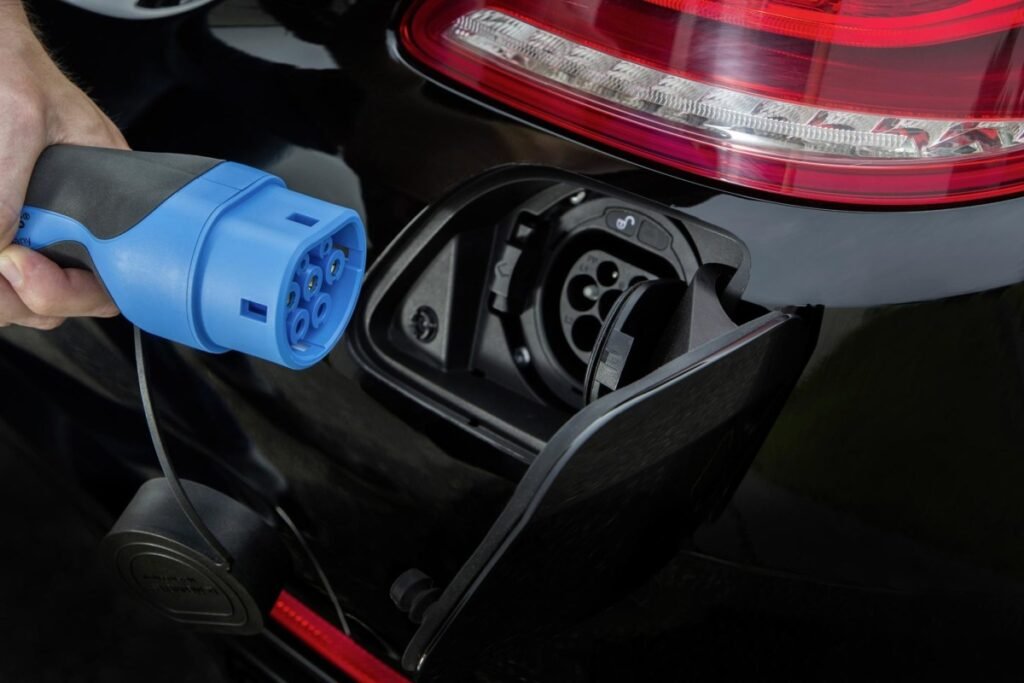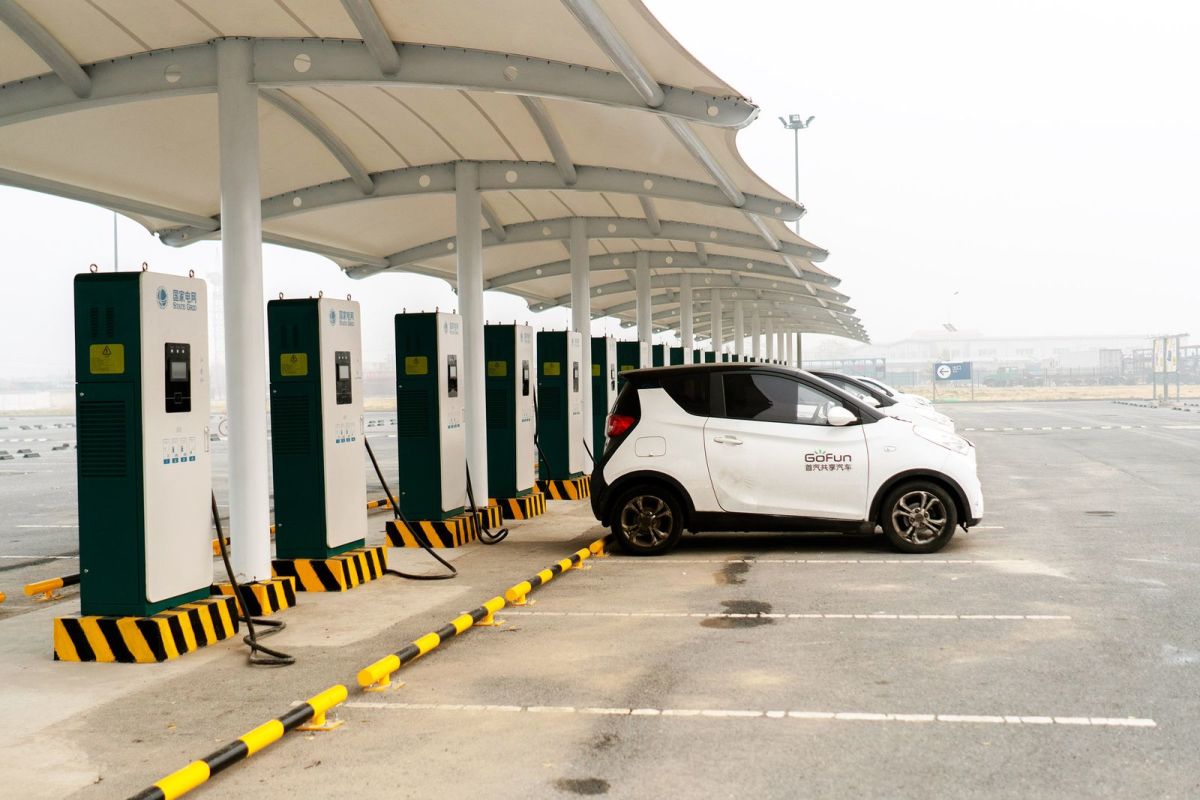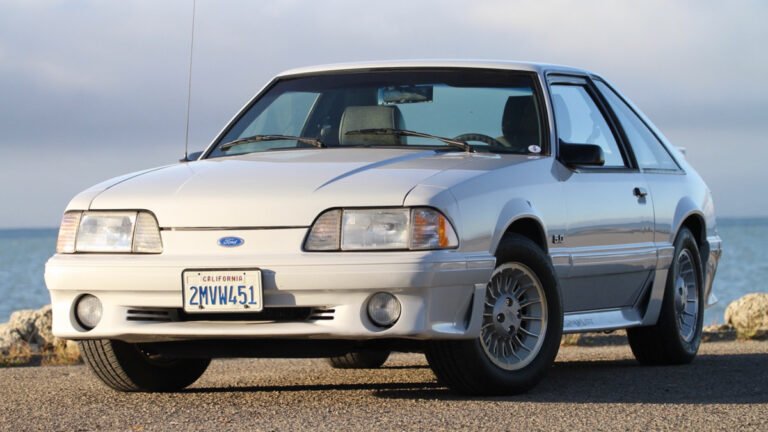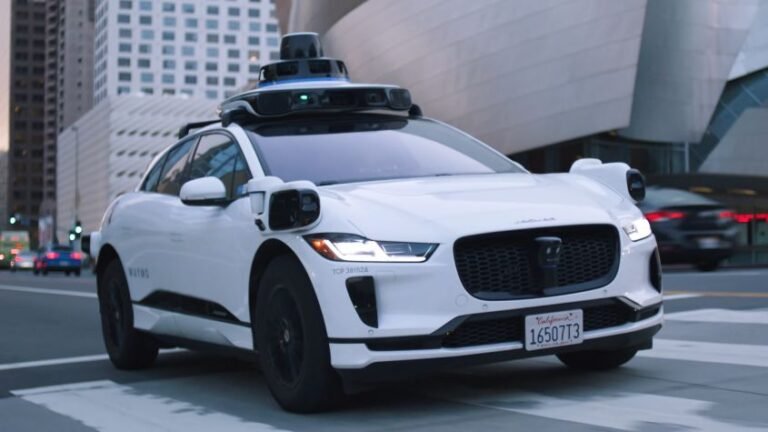
Global electric vehicle sales reached an all-time high in September, with 2.1 million units delivered worldwide, a 26% increase compared with the same month last year, according to research firm Rho Motion. It’s the first time monthly EV sales have surpassed the two-million mark, underscoring how electric adoption continues to accelerate despite policy uncertainty and shifting incentives.
Cumulative EV sales from January through September hit 14.7 million units, led by strong performances in China, Europe, and the United States. Battery-electric vehicles (BEVs) made up roughly two-thirds of the total, with plug-in hybrids accounting for the rest.

China and Europe Drive the Surge
China remains the global leader, selling about 1.3 million EVs last month alone, roughly two-thirds of the worldwide total. Analysts credit domestic automakers’ aggressive pricing and strong government support for sustaining momentum in the market.
Europe also saw a rebound, up 36% year over year to nearly 430,000 units. Government incentives and model updates helped lift demand in key markets such as Germany and the UK. Meanwhile, North America contributed about 215,000 units, a 66% annual jump as buyers rushed to claim remaining federal tax credits before they expired at the end of September.
While policy support in the U.S. is now fading, infrastructure investment continues to rise rapidly. The nation’s public charging network is also expanding faster than ever, helping offset concerns about range and access as the market matures.

Automakers Feel Both Momentum and Pressure
The record month comes amid significant strategic adjustments by global automakers. General Motors recently disclosed that it will take a $1.6 billion charge related to restructuring its EV strategy. The move underscores how capital-intensive the electric transition remains, even as demand strengthens.
Other manufacturers are investing in fresh technology to stay ahead. Mercedes-Benz, for example, is exploring new ways to make charging more efficient and portable, a sign that innovation continues to extend beyond vehicles themselves.

What Comes Next
Analysts warn that while September’s sales figures are encouraging, global demand may cool in the final quarter of 2025 due to the expiration of key incentives in the U.S. and slowing economic growth in Europe. Still, record-high adoption rates highlight that consumer interest in electric vehicles is now mainstream.
Rho Motion predicts total global EV sales for 2025 could exceed 18 million units, depending on how strongly Q4 holds up. That trajectory keeps the industry on pace to make EVs roughly one in every four new cars sold worldwide by the end of the decade.
Why It Matters
Surging EV sales prove that the global transition to electrification is advancing faster than most legacy forecasts predicted. But with that growth comes new challenges, from infrastructure strain to manufacturing costs.
For automakers and governments alike, the question is no longer if the EV shift is happening, but how efficiently they can keep up.




